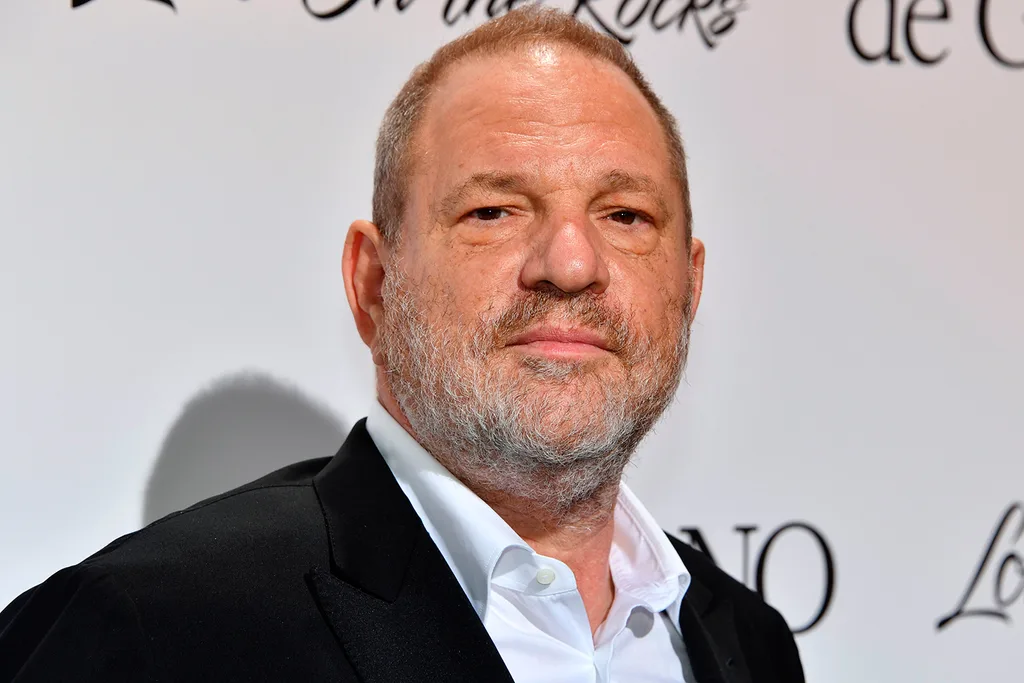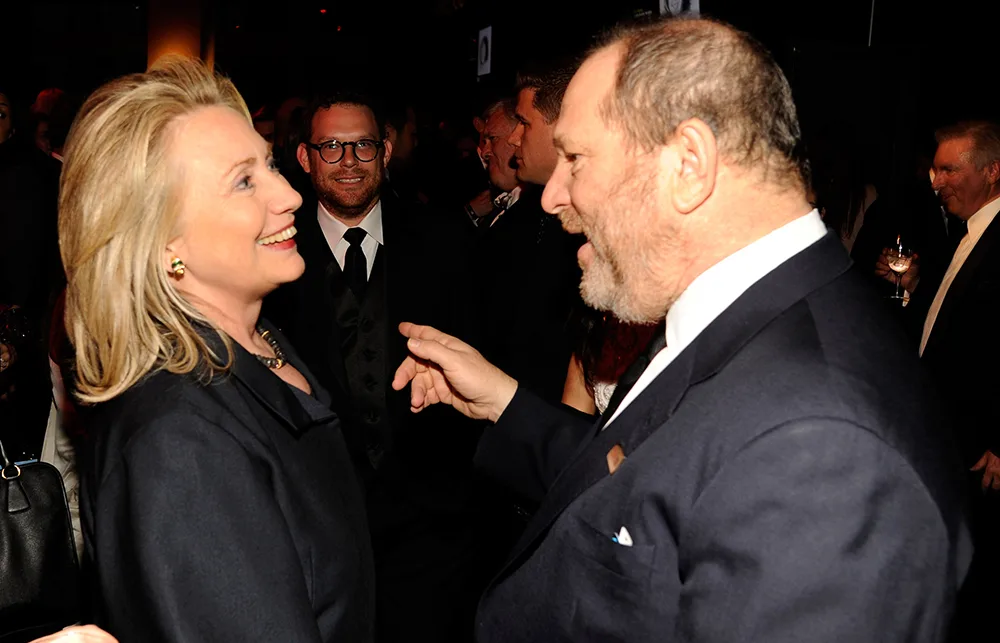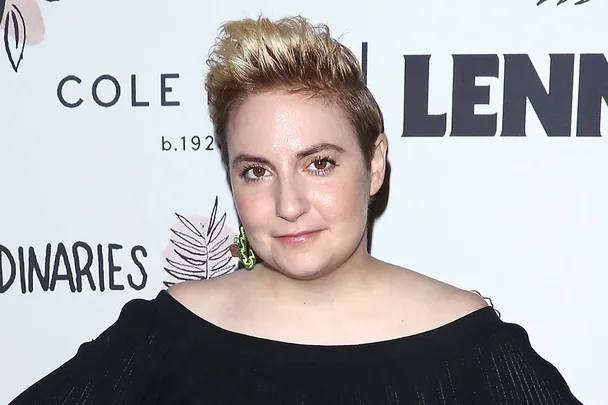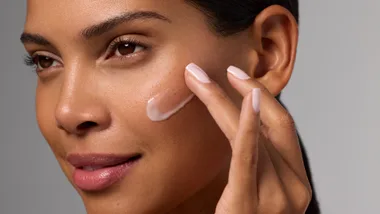I went to Hollywood when I was 23. I had made a low-budget film, won an award at a prestigious festival, scored an agent and made a TV deal all within six months. It was a fairy tale most people will never experience, and I knew, as well as a 23-year-old can know anything, that I was getting a pretty great deal. I bounced from meeting to meeting with the joy of Cinderella at the ball.
These meetings, almost always with men, were rife with acts of everyday sexism — the presumption that I must want to make small “intimate” movies, a suggestion that I write a comedy focused on “the way women’s periods sync up and they go crazy for a week,” the insistence that I’d be “really funny paired with a hot girl.” There were dinners that went on too long, work lunches that turned into confessions about the broken state of the film executive’s marriage and the consistent insistence that I must, as my work suggests, be “up for anything in bed.”
I took it in stride, unloading the day’s injustices on the couch of my new friend (and now my work partner), Jenni Konner. She told me maddening stories of her own ascent and we plotted a new world for ourselves. We imagined a set run by women, men who wouldn’t dream of overstepping or underpaying, a company where girls stretched as far as the eye could see, the chance to write scripts that changed people’s perceptions of feminine identity. We would tell any man who thought that was an invitation for sex to go eat a shoe. The men we have worked with — like Judd Apatow, Hollywood’s least sleazy guy — have showed us utter respect. The only terrifying producer rage I ever experienced was from a gay man who tried to take back a purse he had bought me. We got to do all that we had dreamed of and more.
This past week, reports that Harvey Weinstein had sexually harassed women for years came to light, making it crystal clear that not every woman in Hollywood has had the chance to walk our path. Abuse, threats and coercion have been the norm for so many women trying to do business or make art. Mr. Weinstein may be the most powerful man in Hollywood to be revealed as a predator, but he’s certainly not the only one who has been allowed to run wild. His behavior, silently co-signed for decades by employees and collaborators, is a microcosm of what has been happening in Hollywood since always and of what workplace harassment looks like for women everywhere.

The use of power to possess and silence women is as likely to occur in a fast-food restaurant as it is on a movie set, and Hollywood has yet another chance to make a noisy statement about what we should and should not condone as a society. A liberal-leaning industry, we have been quick to condemn Bill O’Reilly, Roger Ailes and, yes, the president. We do not accept sexual abuse as “locker room talk.” So why the deafening silence, particularly from the industry’s men, when one of our own is outed as having a nasty taste for humiliating and traumatizing women?
This isn’t anything new. Woody Allen, whose daughter has said, over his denials, that he sexually abused her as a child, is still getting the hottest young stars to work with him. Roman Polanski, whose victims continue to come forward, is considered a visionary worth fighting for, and I recently had a male star tell me that working with him would “obviously be the ultimate.” (In fact, Mr. Weinstein himself gathered Hollywood to sign a letter asking that Mr. Polanski’s charges be dropped and he be allowed to return to America.)
Beyond these bold-name cases, ignoring bad behavior remains the signature move of men in Hollywood. I hear stories from victims themselves at a rate that feels positively dystopian. Last year, I was sexually harassed by a director of a show, not my own, and not on a set, and the response by the powers that be was to defend him, question the women ferociously and take ages before letting him go from the network. It was a move based less on his skill than on some ancient loyalty. It’s that kind of behavior that normalizes this abuse of power.

The accusations against Mr. Weinstein, so clearly outlined and so completely horrifying, seemed impossible to dispute or ignore. I naïvely expected that the reticence that Hollywood’s powerful men have shown, the collective refusal to take sides in he-said she-said narratives, would be crushed in the face of this open secret being revealed definitively. The reason I am zeroing in on the men is that they have the least to lose and the most power to shift the narrative, and are probably not dealing with the same level of collective and personal trauma around these allegations. But here we are, days later, waiting for Mr. Weinstein’s most powerful collaborators to say something. Anything. It wouldn’t be just a gift to the women he has victimized, but a message to the women who are watching our industry closely. They need a signal that we do not approve of the abuse of power and hatred of women that is the driving force behind this kind of behavior.
In the fall of 2016, I performed at a benefit for Hillary Clinton organized by the Weinstein Company. I had heard the rumors. I felt that going onstage under his aegis was a betrayal of my own values. But I wanted so desperately to support my candidate that I made a calculation. We’ve all made calculations, and saying we’re sorry about those calculations is not an act of cowardice. It’s an essential change of position that could shift the way we do business and the way women regard their own position in the workplace. I’m sorry I shook the hand of someone I knew was not a friend to women in my industry.
Men of Hollywood, what are you sorry for? What will you refuse to accept anymore? What will you say to fill the void and change the standard? Are you afraid because you heard the whisperings but accepted a role or a position on a host committee or a glass of Champagne and a pat on the back? Are you embarrassed because you’re in a photo with him smiling broadly or because he gave money to your organization or introduced you to your girlfriend or earned you your Oscar nomination? Are you operating under the assumption that this is very sad but that it is not your problem?

It is, unfortunately, all of our problems. It is the problem of the agents who sent their clients to meet with a man they knew was a predator, who shuffled them onto his sets. It is the problem of producers who turned a blind eye. It is the problem of actors who heard whispers but walked back to their trailers to play fantasy football. It is the problem of industry media that would not report their findings because they feared losing their place in Harvey Weinstein’s good graces. It is not, as some have suggested, the problem of the women who are afraid to come forward with their own stories or who settled financially with Mr. Weinstein.
Hollywood’s silence, particularly that of men who worked closely with Mr. Weinstein, only reinforces the culture that keeps women from speaking. When we stay silent, we gag the victims. When we stay silent, we condone behavior that none of us could possibly believe is O.K. (unless you do). When we stay silent, we stay on the same path that led us here. Making noise is making change. Making change is why we tell stories. We don’t want to have to tell stories like this one again and again. Speak louder.
Lena Dunham (@lenadunham) is a writer and director.
© 2017 The New York Times
RELATED: Celebrities Who Have Spoken Out Against Harvey Weinstein










